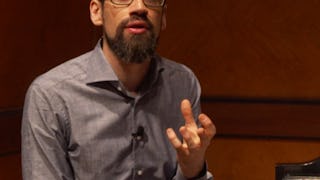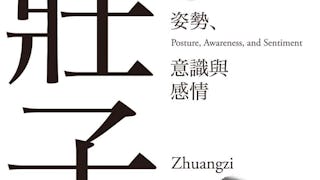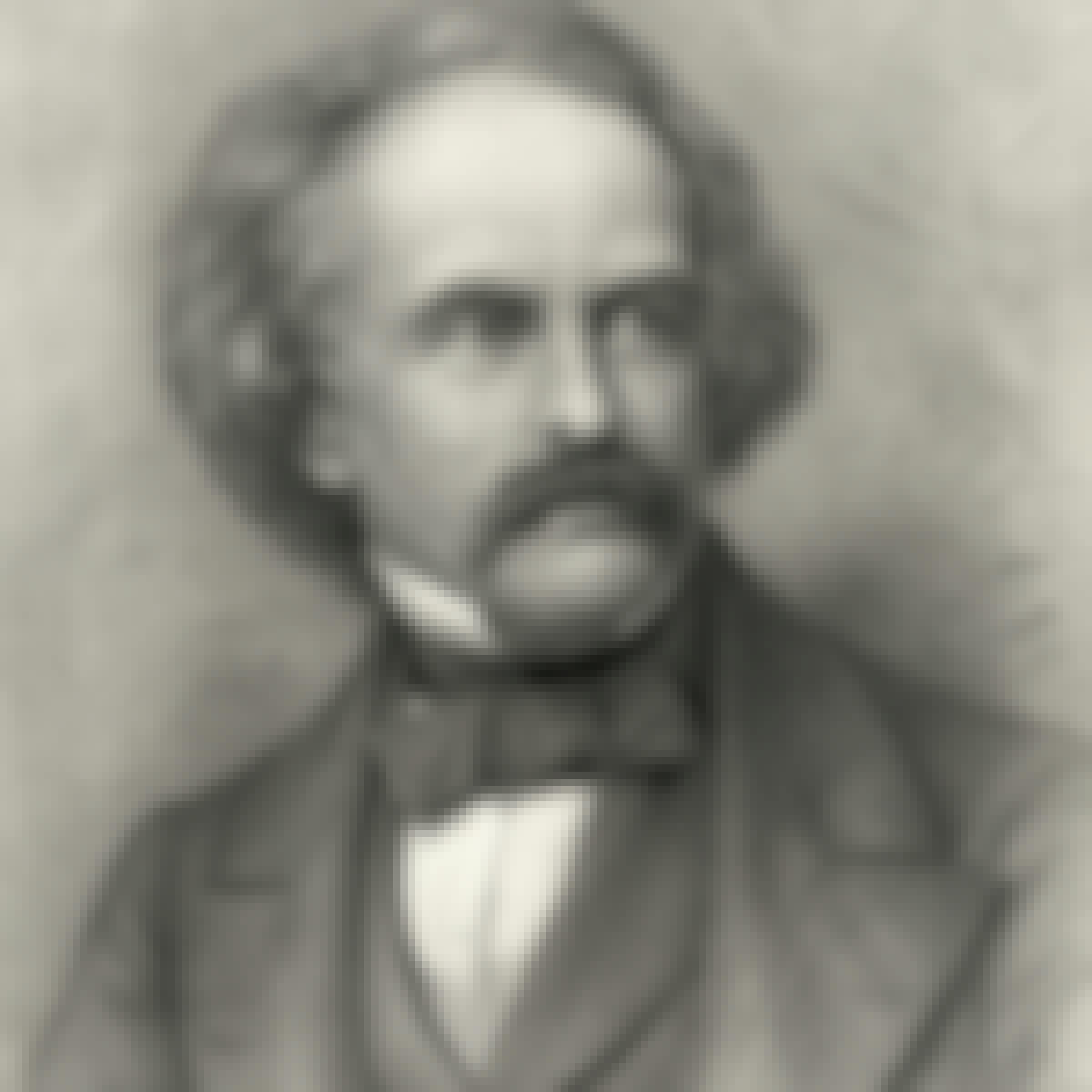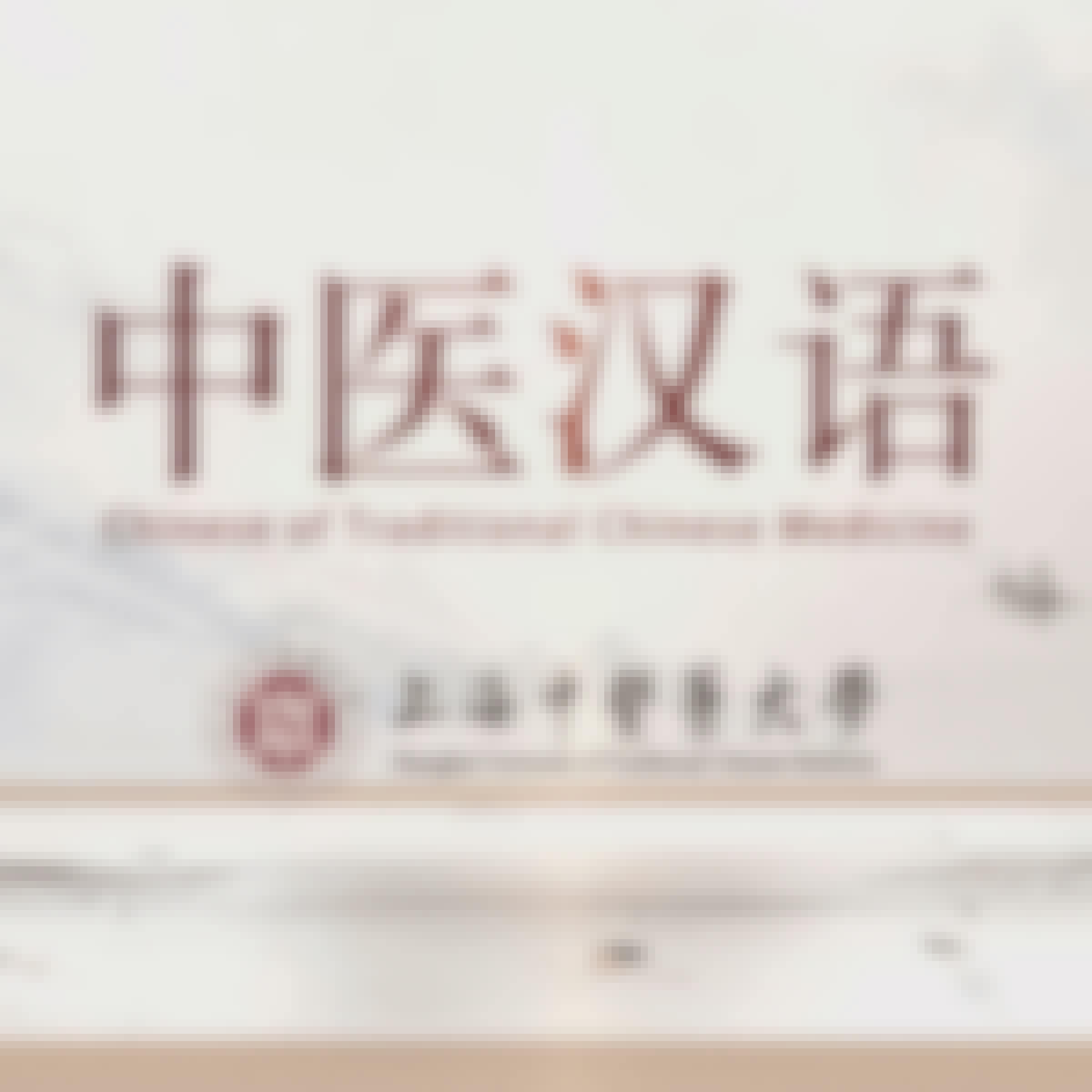- Browse
- Ancient History
Results for "ancient history"
 Status: PreviewPreviewN
Status: PreviewPreviewNNational Taiwan University
Skills you'll gain: Governance, Ethical Standards And Conduct, Liberal Arts, Social Studies, Culture, Cultural Diversity, Environmental Issue, Ancient History, Human Development, Psychology
4.9·Rating, 4.9 out of 5 stars49 reviewsMixed · Course · 1 - 3 Months
 Status: FreeFree
Status: FreeFreeSkills you'll gain: Social Justice, Ancient History, Anthropology, Social Studies, European History, Cultural Diversity, World History, Sociology, International Relations, Political Sciences
Beginner · Course · 1 - 3 Months
 Status: PreviewPreviewC
Status: PreviewPreviewCCurtis Institute of Music
Skills you'll gain: Music Performance, Instrumental Music, Music History, Classical Music, Performing Arts, Music, Music Theory
4.9·Rating, 4.9 out of 5 stars65 reviewsIntermediate · Course · 1 - 3 Months
 Status: PreviewPreviewU
Status: PreviewPreviewUUniversidad Austral
Skills you'll gain: Curriculum Planning, Art History, Teaching, Instructional and Curriculum Design, Pedagogy, Aesthetics, Mathematics Education, Liberal Arts, Creativity, Creative Thinking, Research, Collaboration, Science and Research
4.9·Rating, 4.9 out of 5 stars135 reviewsBeginner · Course · 1 - 3 Months
 Status: PreviewPreview
Status: PreviewPreviewSkills you'll gain: Public Safety and National Security, International Relations, Social Studies, Security Strategy, Cultural Diversity, Political Sciences, Policy Analysis, Intelligence Collection and Analysis, Policy Development, World History
4.7·Rating, 4.7 out of 5 stars132 reviewsBeginner · Course · 1 - 3 Months
 Status: PreviewPreviewN
Status: PreviewPreviewNNational Taiwan University
Skills you'll gain: Emotional Intelligence, Personal Development, Mindfulness, Self-Awareness, Resilience, Stress Management, Adaptability, Cultural Sensitivity, World History, Critical Thinking
4.9·Rating, 4.9 out of 5 stars215 reviewsBeginner · Course · 1 - 3 Months
 Status: NewNewStatus: PreviewPreviewU
Status: NewNewStatus: PreviewPreviewUUniversity of Colorado Boulder
Skills you'll gain: Design Elements And Principles, Graphic and Visual Design, Visual Design, Design, Media and Communications, Color Theory, Art History, Typography, Creativity, Psychology
Intermediate · Course · 1 - 4 Weeks
 Status: Free TrialFree TrialD
Status: Free TrialFree TrialDDartmouth College
Skills you'll gain: Storytelling, Writing, World History, Public History, Liberal Arts
Mixed · Course · 1 - 4 Weeks
 Status: Free TrialFree TrialU
Status: Free TrialFree TrialUUniversity of Michigan
Skills you'll gain: Logistic Regression, Forecasting, Data Processing, Predictive Modeling, Statistical Modeling, Data Analysis, Analytics, Regression Analysis, Pandas (Python Package), Model Evaluation, Python Programming, Probability, Ethical Standards And Conduct
4.5·Rating, 4.5 out of 5 stars41 reviewsIntermediate · Course · 1 - 3 Months
 Status: NewNewStatus: PreviewPreviewS
Status: NewNewStatus: PreviewPreviewSShanghai Jiao Tong University
Skills you'll gain: Medical Terminology, Ancient History, Nutrition and Diet, Language Competency, Health Care, Vocabulary, Mental and Behavioral Health, Language Learning
Beginner · Course · 3 - 6 Months
 Status: Free TrialFree TrialD
Status: Free TrialFree TrialDDartmouth College
Skills you'll gain: Liberal Arts, Storytelling, World History, Writing
4.8·Rating, 4.8 out of 5 stars6 reviewsMixed · Course · 1 - 4 Weeks
 Status: NewNewStatus: PreviewPreviewU
Status: NewNewStatus: PreviewPreviewUUniversidades Anáhuac
Skills you'll gain: Case Law, Legal Writing, Social Studies, Sociology
4.5·Rating, 4.5 out of 5 stars11 reviewsBeginner · Course · 1 - 3 Months
In summary, here are 10 of our most popular ancient history courses
- 東亞儒家:人文精神一(East Asian Confucianisms: Humanism (1)): National Taiwan University
- L’antisémitisme : De ses origines à nos jours: Yad Vashem
- Exploring Beethoven's Piano Sonatas Part 4: Curtis Institute of Music
- Red de sentidos: Arte, educación y procesos creativos: Universidad Austral
- Understanding 9/11: Why 9/11 Happened & How Terrorism Affects Our World Today: Duke University
- 莊子─姿勢、意識與感情 (Zhuangzi─Posture, Awareness, and Sentiment): National Taiwan University
- Elements and Principles of Visual Communication: University of Colorado Boulder
- The American Renaissance and Nathaniel Hawthorne: Dartmouth College
- Prediction Models with Sports Data: University of Michigan
- 中医汉语: Shanghai Jiao Tong University










